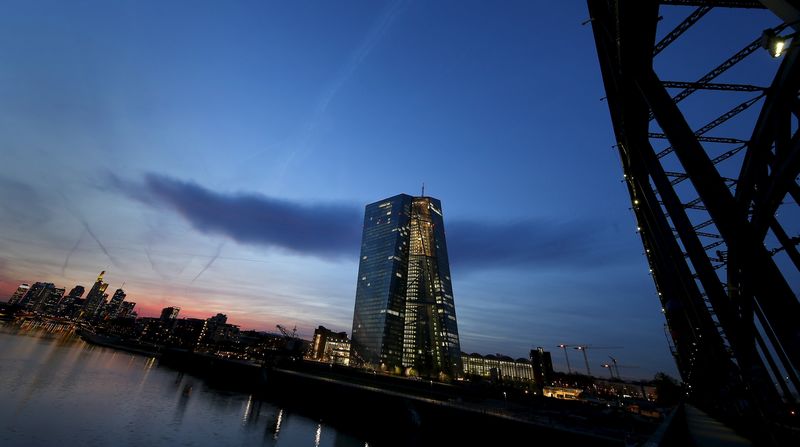European defense stocks were down on Monday following reports that Berlin plans to limit its military aid to Ukraine due to budgetary constraints.
As per a report by the Frankfurter Allgemeine Zeitung (FAZ), the German government has imposed a moratorium on new military assistance to Ukraine. While previously approved aid will continue, any new funding requests will be denied.
Shares of major defense contractors, including Rheinmetall (ETR:RHMG), BAE Systems (LON:BAES), Saab (ST:SAABb), Thales (EPA:TCFP), Leonardo (LON:0ONG), and Dassault Aviation (EPA:AM), were down ranging from 1.2% to 6.2% in early trading.
This aligns with a broader strategy within the ruling coalition to reduce government spending. The report, citing confidential documents and insider information, indicates that the halt in new aid is effective immediately.
The German Finance Minister, Christian Lindner, communicated in a letter to the defense ministry that future funding for Ukraine would be sourced from frozen Russian assets rather than the federal budget. This reflects a shift in how Germany plans to support Ukraine amidst its ongoing conflict with Russia.
This comes in the context of a broader international agreement reached in June among G7 countries, aiming to utilize approximately $300 billion in immobilized Russian assets to secure a $50 billion loan for Ukraine. However, details on this scheme remain unresolved, and the technical negotiations are expected to continue for several months.
Germany’s role as a major supplier of military aid to Kyiv had already been under scrutiny. Last month, the ruling coalition, consisting of the Social Democrats, the Greens, and the Liberals, approved a draft budget for 2025 that includes a substantial reduction in future aid to Ukraine.
Lindner indicated that Ukraine would need to increasingly rely on funding from European sources and the frozen Russian assets. However, the timeline and feasibility of these funds becoming available remain uncertain.
The decision to restrict aid has exacerbated existing tensions within the German coalition government, which has been grappling with internal disagreements on various issues, including the budget and welfare policies.
The discord within the coalition is further highlighted by recent comments from Green leader and Economy Minister Robert Habeck, who has announced his intention to run for chancellor in the 2025 federal elections. Habeck’s statement underscores the fractious nature of the current government and the challenges it faces in maintaining unity.




